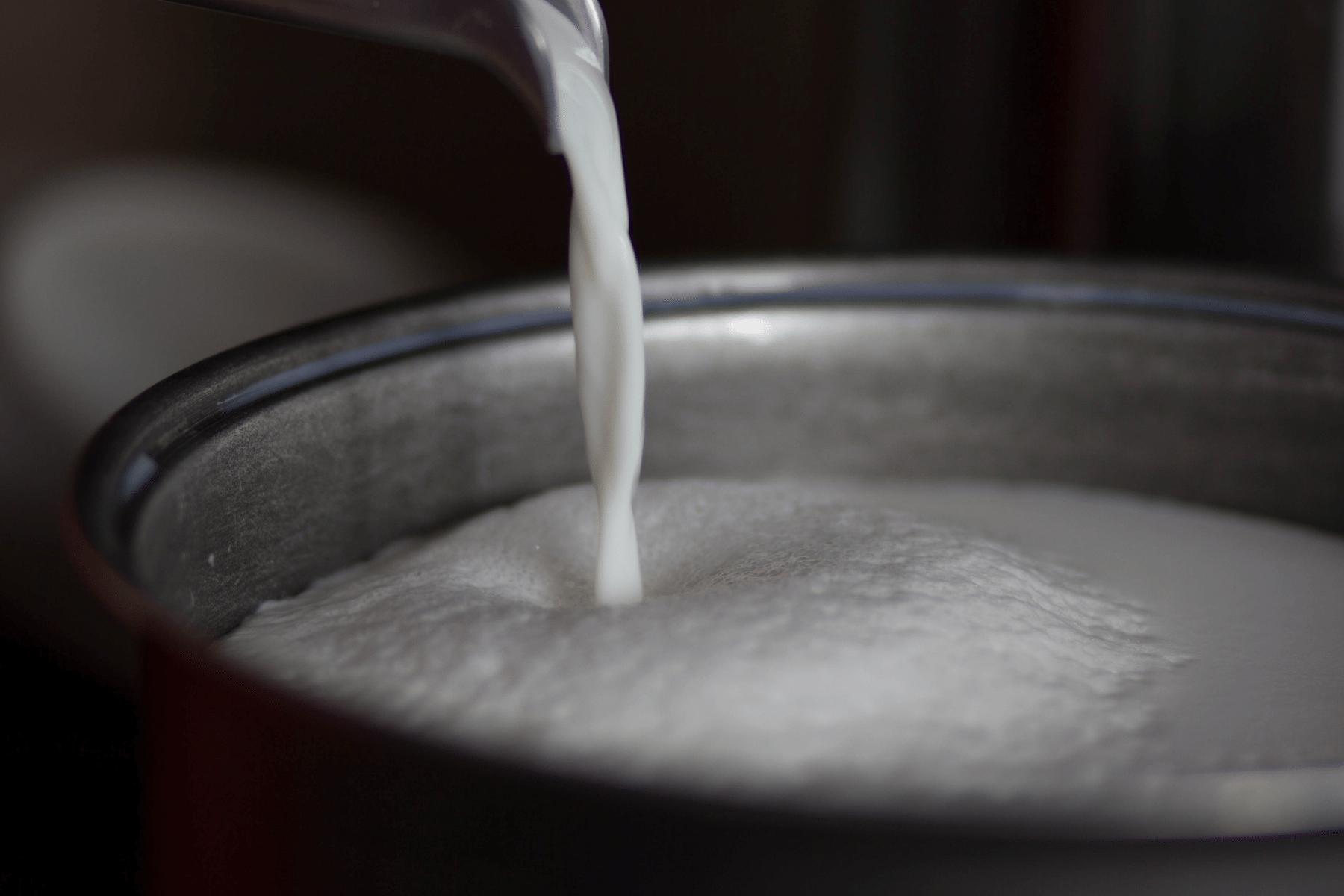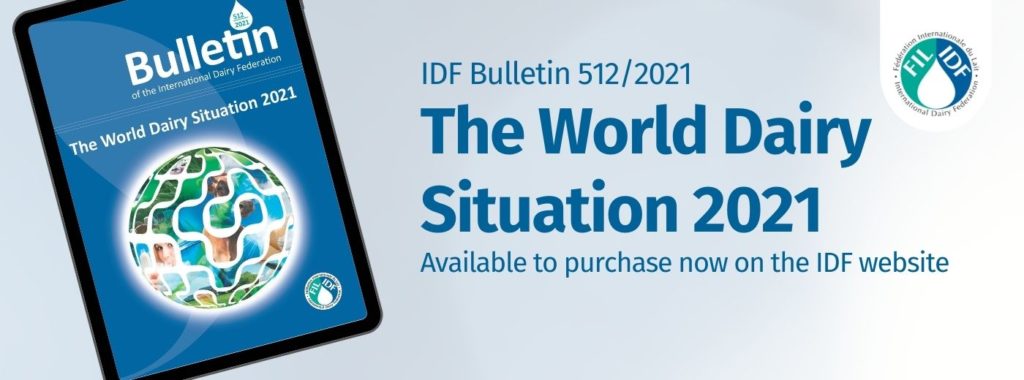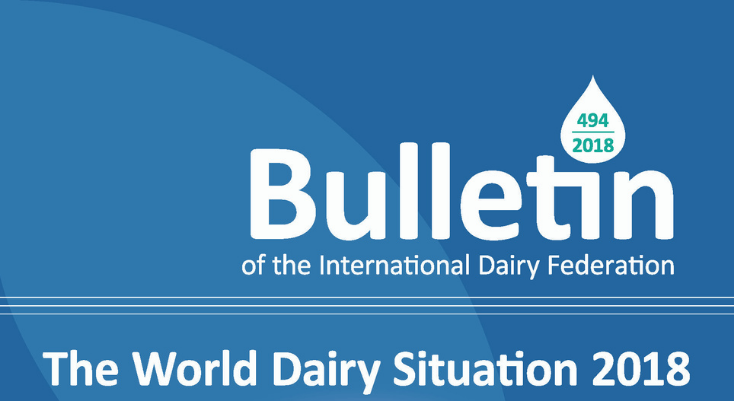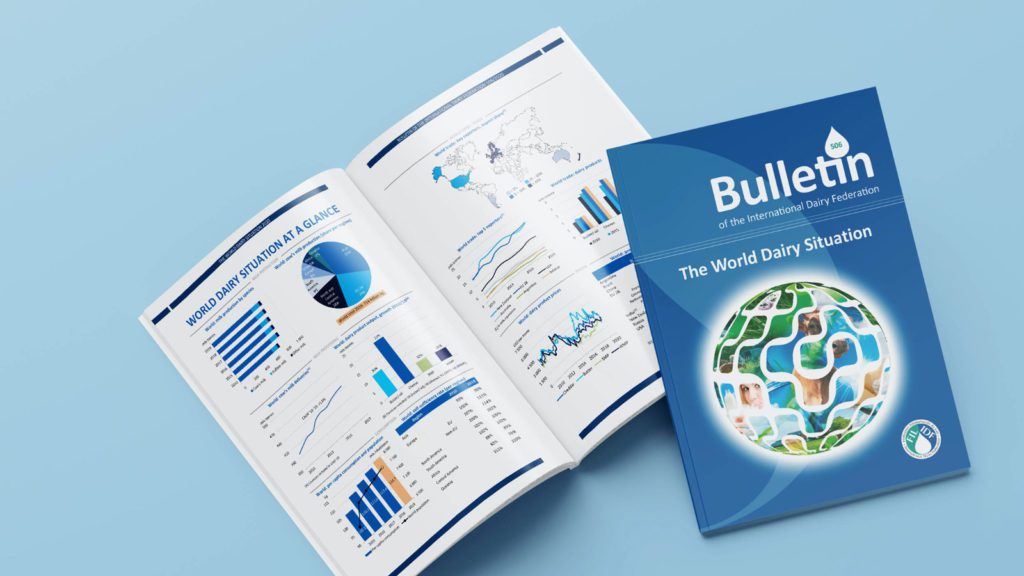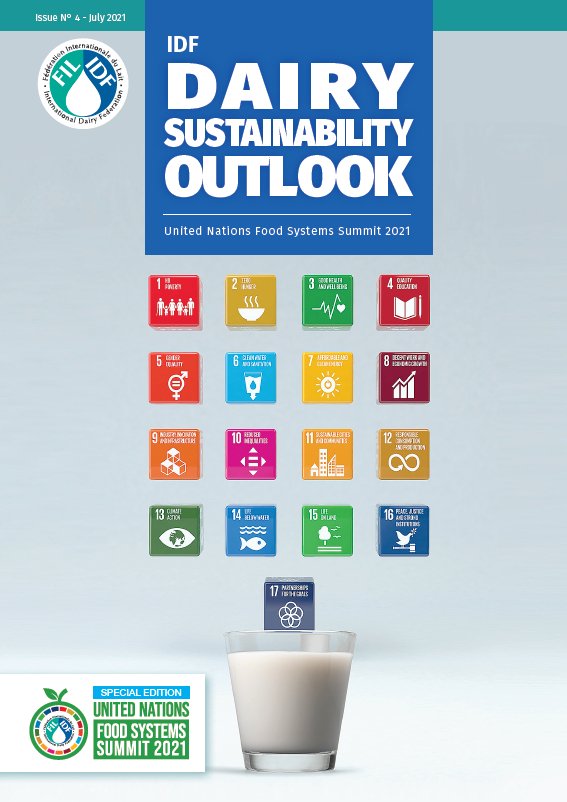Brussels, 3 July 2018 – Consumers’ preferences are influenced by the science on dairy fat and its impact on a healthy diet, the OECD-FAO Agricultural Outlook 2018-2027, has noted in its publication which was released today.
Welcoming the report IDF Director General Caroline Emond said the OECD-FAO Agricultural Outlook 2018-2027 provides useful market data and analyses. The report is complementary to the World Dairy Situation Report published annually by IDF.
She pointed to the publication’s statement that: “Dairy demand in developed countries has been shifted for several years towards butter and dairy fat, and away from substitutes based on vegetable oil. This trend can be attributed to a more positive health assessment of dairy fat and a change in taste.”
The OECD-FAO report recognizes that the price of butter will remain higher “due to structural changes in demand for milk fat solids”. It forecasts that global demand for butter is expected to grow at nearly 2.2% annually.
The joint publication predicts that “consumers in developed countries will consume an additional 0.3kg of butter in 2027 due to preferences shifting in favour of butter over other oils and fats. Recent studies that have shed a more positive light on the health implication of dairy fat consumption, as well as consumers’ preference for taste and less processed food, have encouraged its use in bakery products and recipes.”
This move is heartening, according to Ms Emond, as emerging science has indicated that consuming dairy foods, such as milk, yoghurt and cheese as part of a healthy balanced eating pattern, can support health.
While per capita consumption of many commodities is expected to remain flat globally, the OECD and FAO project that dairy consumption is one rare exception and is set to expand faster than population growth in the coming decade.
The IDF urges the OECD and FAO to monitor the impactof dairy price decreases on farmers’ incomes in the light of the high costs of feed, utilities and farm management.
IDF shares the acknowledgement by the OECD-FAO on the role of trade in ensuring food security. The IDF collaborates actively with Codex Alimentarius and ISO to facilitate the trade of safe products through the harmonization of standards.
The OECD-FAO report recognizes that a significant portion of growth in dairy production and demand will come from Asia (with India and Pakistan accounting for the highest increase). The World Dairy Summit to be held in Daejeon, South Korea, from 15-19 October 2018 will address the rise in production and consumption of milk and dairy products in Asia. Strong participation is expected from IDF members in South Korea, China, Japan, India, as well as other countries worldwide.




